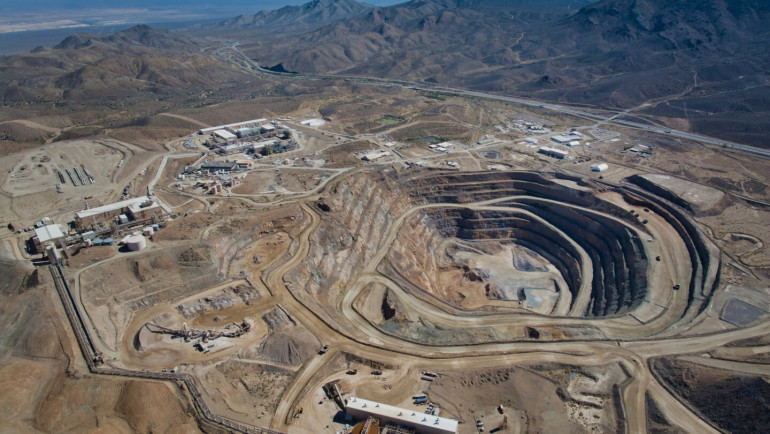
Follow India Renewable Energy News on WhatsApp for exclusive updates on clean energy news and insights
China Limits Rare Earth Exports: Indian Firms May See Indirect Impact
Oct 17, 2025
China, which accounts for a large share of global rare earth extraction and processing, has recently expanded restrictions on exports of certain rare earth elements and associated materials. Under the new rules, even products containing as little as 0.1% Chinese-origin rare earths may require government approval.
These changes could gradually ripple out to sectors in India that depend on such materials—such as electric vehicles, renewable energy, electronics, and advanced manufacturing. An Economic Times article identifies ten Indian companies that could be more vulnerable if supply tightness persists.
Some of the names mentioned include:
- Tata Motors – especially its EV arm, which could face pressure if magnet imports are constrained
- Bajaj Auto – known to use rare earth magnets in motors, possibly raising costs or affecting timelines
- Ather Energy & Ola Electric – two-wheeler firms reliant on materials like neodymium and dysprosium
- Dixon Technologies – a major electronics contractor that sources magnet and semiconductor components
- Vedanta – with ambitions in semiconductors, it might be challenged by tighter controls on rare earth compounds
- Exide & Amara Raja Batteries – battery and storage companies potentially exposed to input cost pressures
- HBL Power Systems – serving defence and railways, could see delays in sourcing specialty magnets
- Suzlon & Inox Wind – wind turbine makers that depend on magnetic materials for generator components
- Tata Power Renewable Energy – projects in solar and wind could see supply chain stress or cost escalation
What the New Chinese Rules Say
- The export curbs expand earlier April restrictions, adding five new rare earth elements to the controlled list, and bringing in stricter oversight for semiconductor users.
- China is enforcing licensing for foreign companies whose products involve Chinese-derived materials or equipment, even if the final product is manufactured abroad.
- The new rules are framed as a national security measure, and will take effect from November 8, 2025, with further clauses applying from December 1 for foreign entities.
Possible Effects & Mitigations
- In the short term, companies that lack alternate suppliers or buffer inventories may feel margin squeeze or face delays.
- Some Indian firms already are pushing the government to build domestic processing capacity and stockpiles of rare earths.
- Policymakers and industry observers suggest that developing a local value chain—from mining to magnet production—could reduce future dependencies.